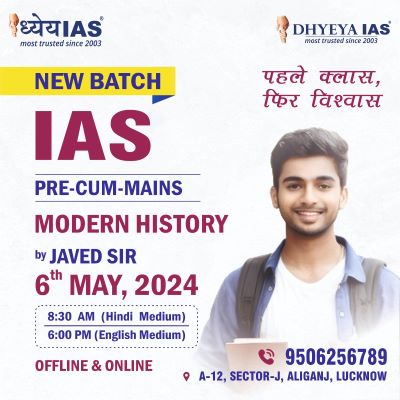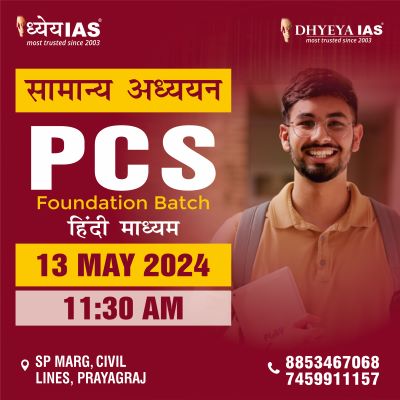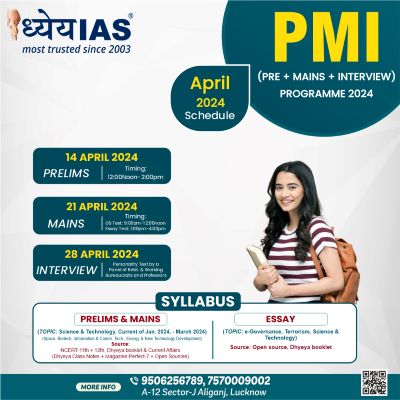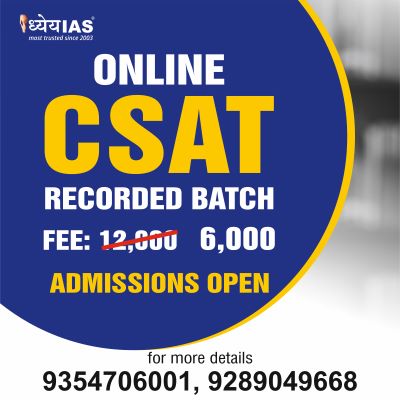Current Affairs Brain Booster for UPSC & State PCS Examination
Topic: Codex Alimentarius Commission

Why in News?
- Prime Minister has released commemorative coins of Rs 75 denomination to mark the 75th Anniversary of Food and Agriculture Organization (FAO) through video conferencing.
- He also dedicated to the nation, 17 recently developed biofortified varieties of crops.
Codex Alimentarius Commission
- The Codex Alimentarius, or "Food Code" is a collection of standards, guidelines and codes of practice adopted by the Codex Alimentarius Commission. The Commission, also known as CAC, is the central part of the Joint Food and Agriculture Organization/ World Health Organisation FAO/WHO Food Standards Programme and was established by FAO and WHO to protect consumer health and promote fair practices in food trade. It held its first meeting in 1963.
- Voluntary in nature, Codex standards can be general or specific and are recognised by WTO Agreements as reference standards
- Core Codex texts, typically deal with hygienic practice, labelling, contaminants, additives, inspection & certification, nutrition and residues of veterinary drugs and pesticides and apply horizontally to products and product categories.
- Currently, the Codex Alimentarius Commission has 189 Codex Members made up of 188 Member Countries and 1 Member Organization (The European Union). India became the member of Codex Alimentarius in 1964.
World Food Day
- World Food Day 2020 is observed on October 16 every year to tackle global hunger and strive to eradicate hunger across the world.
- This year the World Food Day 2020 theme is “Grow, nourish, sustain. Together. Our actions are our future”.
- World Food Day is an annual celebration in the honour of the founding date of the Food and Agriculture Organization launched by the United Nations in the year 1945. World Food Day 2020 is also marking the 75th anniversary of FAO.
- World Food Day is calling for global solidarity to help all populations, and especially the most vulnerable, to recover from the crisis, and to make food systems more resilient and robust so they can withstand increasing volatility and climate shocks, deliver affordable and sustainable healthy diets for all, and decent livelihoods for food system workers.
- This will require improved social protection schemes and new opportunities offered through digitalization and e-commerce, but also more sustainable agricultural practices that preserve the Earth’s natural resources, our health, and the climate.
Food and Global Efforts
- The Nobel Peace Prize 2020 was awarded to World Food Programme (WFP) "for its efforts to combat hunger, for its contribution to bettering conditions for peace in conflict-affected areas and for acting as a driving force in efforts to prevent the use of hunger as a weapon of war and conflict.
- The WFP, which was established in 1961 at the behest of the US president Dwight Eisenhower, is the world’s largest humanitarian organisation committed towards its global goal of ending hunger by the year 2030.
- In 2015, eradication of world hunger became one of the UN’s Sustainable Development Goals (SDGs) and WFP is the UN’s primary instrument in achieving that goal. Other UN agencies that work towards providing food security include the World Bank, the Food and Agriculture Organisation (FAO) and the International Fund for Agricultural Development (IFAD).
India's Efforts for Food Security
Efforts to increase agricultural productivity :
- Efforts to increase agricultural productivity
- National Food Security Mission
- Rashtriya Krishi Vikas Yojana (RKVY) now renamed as Rashtriya Krishi Vikas Yojana- Remunerative Approaches for Agriculture and Allied Sector Rejuvenation (RKVY-RAFTAAR)
- Electronic national agriculture market (eNAM)
- Pradhan Mantri Fasal Bima Yojana
- Integrated Schemes on Oilseeds, Pulses, Palm oil and Maize (ISOPOM)
- Irrigation and soil and water harvesting programme
Efforts to make food affordable and accessible :
- Mid-day meals
- Anganwadi systems
- Subsidies via Targeted-Public Distribution System (TPDS)
- The National Food Security Act (NFSA), 2013
- National Nutrition Mission (POSHAN Abhiyaan)
























